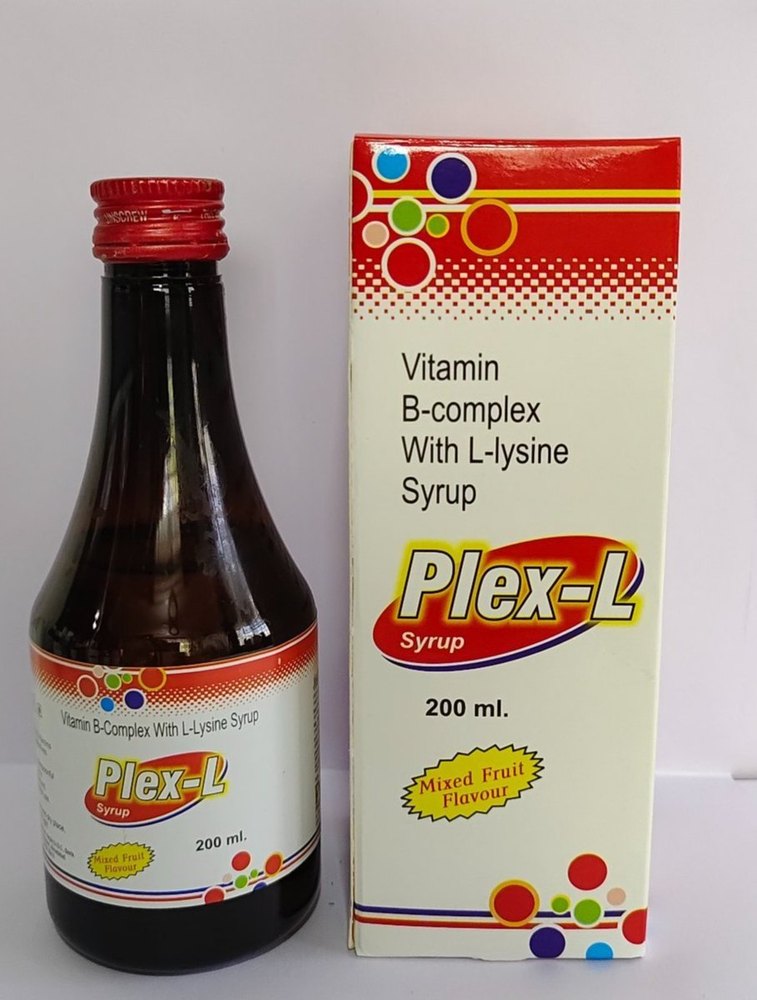Mistol
Mistol Tablet, containing Misoprostol, is an oral medication from OHM Pharmaceuticals Lab Pvt. Ltd. available in Nepal. Its primary uses include preventing and treating NSAID-induced ulcers, terminating pregnancies (in combination with mifepristone), inducing labor, and preventing postpartum hemorrhage.
₨140.00
Ask about productDescription
Mistol Tablet, containing Misoprostol, is used for:
- NSAID-induced ulcers (prevention and treatment)
- Termination of pregnancy (in combination with mifepristone)
- Benign gastric and duodenal ulcers
- Induction of labor
- Prevention of postpartum haemorrhage
It is manufactured by OHM Pharmaceuticals Lab Pvt. Ltd. and is available in Nepal.
Dosage and Administration
Adults:
-
NSAID-Induced Ulcer:
- Treatment of benign gastric and duodenal ulceration and NSAID associated ulceration: 800 mcg daily (in 2-4 divided doses) with breakfast or main meals and at bedtime. Treatment should continue for at least 4 weeks and may extend up to 8 weeks if needed.
- Prophylaxis (Prevention) of NSAID induced gastric and duodenal ulcer: 200 mcg 2-4 times daily taken with NSAID. If this dose is not tolerated, a dose of 100 mcg can be used. Misoprostol should be taken for the entire duration of NSAID therapy.
-
Induction of Labor:
- 100 mcg orally. If cervical ripening or active labor does not occur, repeated doses of 100-200 mcg of oral misoprostol are given every 4 hours until labor is established (evidenced by a Bishop score of 7 or more). The maximum number of doses is 6.
-
Termination of Pregnancy (in combination with mifepristone):
- Day 1: 200 mg of mifepristone (oral, under physician supervision).
- Days 2-3: 800 mcg of misoprostol buccally once as a single dose. This must be administered a minimum of 24 hours and a maximum of 48 hours following the mifepristone dose on Day 1.
- Days 7-14: Return for a follow-up visit to confirm complete termination. If complete expulsion has not occurred but the pregnancy is not ongoing, another dose of misoprostol 800 mcg buccally may be given with follow-up in about 7 days. Lack of bleeding usually indicates failure, but prolonged or heavy bleeding does not guarantee complete abortion. Surgical evacuation is recommended for ongoing pregnancies after medical abortion.
-
Prevention of Postpartum Hemorrhage:
- 600 mcg orally immediately following delivery.
Child Dose:
- Information not provided in the text.
Special Populations
- Renal Impairment: Use with caution. Peak plasma concentration, half-life, and bioavailability may be increased, but the clinical relevance of these increases is unclear.
Important Considerations
- Administration: Should be taken with food.
- Contraindications: Misoprostol is contraindicated in anyone with a history of allergy to prostaglandins. It is also contraindicated in women of childbearing potential (unless specific conditions for NSAID therapy are met), and during pregnancy and lactation.
- Precautions:
- For prevention and treatment of NSAID-induced ulcers: Misoprostol is contraindicated in pregnant women and should not be used in women of childbearing potential unless NSAID therapy is required. Such women must be advised not to be pregnant when misoprostol therapy is initiated and must use an effective contraception method while taking misoprostol.
- Caution is advised in conditions where hypotension might cause severe complications (e.g., cerebrovascular or cardiovascular disease), inflammatory bowel disease, patients prone to dehydration, the elderly, and those with renal impairment.
- Lactation: The drug is rapidly metabolized in the mother to misoprostol acid, which is biologically active and excreted in breast milk. Although no published reports of adverse effects in breast-fed infants exist, caution should be exercised when misoprostol is administered to breastfeeding women. (Note: Contraindicated per the “Contra Indications” section, this “Precautions” section gives more detail).
- Pregnancy-Lactation: Contraindicated during pregnancy and lactation.
- Interactions:
- May increase the effects of oxytocin.
- Increased risk of misoprostol-induced diarrhea with magnesium-containing antacids.
Adverse Effects
Side effects of Misoprostol can include:
- >10%: Diarrhea (14-40%), Abdominal pain (13-20%).
- 1-10%: Headache (2%).
- Frequency Not Defined: Anaphylaxis, Anemia, Cardiac dysrhythmia, Chest pain, Flatulence, Gastrointestinal hemorrhage, Hearing loss, Myocardial infarction, Nausea, Rupture of uterus, Thromboembolic disorder.
Mechanism of Action
Misoprostol, a synthetic prostaglandin E1 analogue, exerts its antisecretory activity by directly acting on specific prostaglandin receptors on the surface of gastric parietal cells. It also protects the gastric mucosa by replacing prostaglandins consumed during prostaglandin-inhibiting therapies, such as NSAID use.
This information on Mistol Tablet is for general understanding and is not intended for diagnosis, medical advice or treatment; neither intended to be a substitute for the exercise of professional judgment.
Additional information
| form | Oral Tablets |
|---|---|
| strength | 200mg |





Reviews
There are no reviews yet.